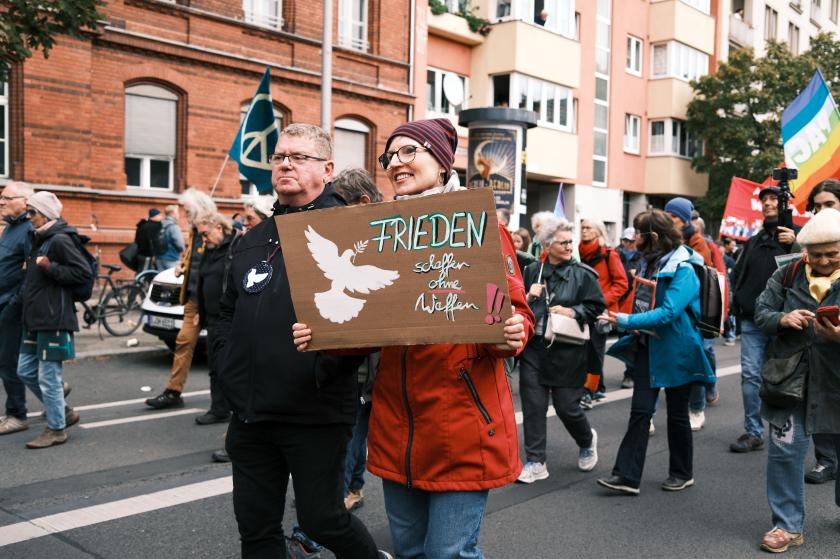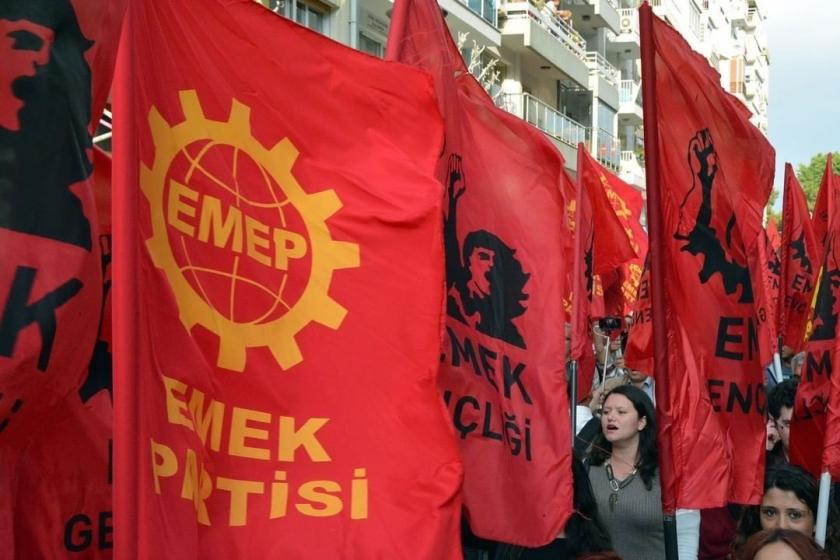Ercüment AKDENİZ
The hearing held on 24-25 June of the Gezi Protests trial ended with the ordering of the release of Yiğit Aksakoğlu and the continued detention of Osman Kavala, who has been in detention for twenty months.
The most striking result of the trial was the collapse at the outset of the proceedings of the indictment which premises the charge on the offence of “overthrowing the Government of the Republic of Turkey” in article 312 of the Turkish Penal Code.
At the second day’s hearing at which lawyer Can Atalay from Taksim Solidarity was in the dock, Atalay’s comment, “Constitutional rights and democracy are a whole and are indivisible” drew attention to how eclectically and partially the indictment, which summoned Article 8 of the Constitution to its assistance but trimmed off Articles 25, 28, 33 and others and swept them under the carpet, had been compiled. This is because Article 25 stresses freedom of thought, Article 28 the freedom to disseminate thoughts and publish and Article 33 the freedom to organize. These articles are followed by Articles governing such matters as “the right of peaceful assembly,” “the right to a healthy environment” and the “right to social security.”
Saying with reference to co-defendants Mücella Yapıcı and Tayfun Kahraman that, “A large chunk of their lives have been spent in fighting to protect historical assets,” Atalay’s declaration, “We also opposed the demolition project in Tarlabaşı at the time of Bedrettin Dalan” in turn amounted to a proclamation that professional organizations defended the interests of the people and city regardless of who was in power. Atalay’s recommendation for law faculty students to examine the plans of plunder and pillage of the past fifty years in the Chamber of Architects archive, moreover, can be read as a call for this tradition to be carried into the future. Saying that Gezi was an honourable popular movement, Atalay’s observation, “If nothing but the ballot box remains for objection, this becomes a Philippines-style dictatorship,” came as a poignant indication of the extent to which the country’s democracy bar has lowered.
Addressing the court, former Chair of the Chamber of Town Planners and Mimar Sinan University Doctoral Faculty Member, Tayfun Kahraman, pointed to the historical significance of the Gezi trial, making reference to the students in the courtroom. Noting that he had become a member of the Chamber of Town Planners on graduating and had promised to remain true to its professional principles, Kahraman said, “What is described in this indictment is not Gezi. The Gezi actions are our historic pride.”
What Kahraman defended before the court in front of his own students was, alongside Gezi, his devotion to science, the people and professional principles. This scene that unfolded right before our eyes was like a scene from ancient Greek or Roman trials beamed into the present day. As to Kahraman’s replies to the accusations directed at him, this was a veritable deconstruction of the conspiracy scenario woven around a town planner within the Gezi action.
The defences, pointing out that the Gezi indictment started with a perception management operation, gradually evolved into a process whereby the indictment was put on trial. Strongly balking at the connecting of Gezi with the Gulenist brotherhood and the coup, Can Atalay said, “The aim is to taint Gezi as an international conspiracy.” Atalay also added that this tainting was the doing of the AKP-Gulenist brotherhood alliance.
Another moment at which the indictment collapsed further under the assault of the barrage of defences came with the submission to the court by lawyer Turgut Kazan of an eleven-page analysis report that had been compiled by a Gulenist police group in 2013 and was placed in the indictment having been kept waiting for four years and ten months. As to claims that Gulenist police officers had whipped up the demonstrations to set the stage for a coup, this was scotched by Tayfun Kahraman: “In that case, why were there no comments from the prime-minister of the day who had said, ‘If I gave the order, I did so’?” The assertion that “They obtained funding” put forward in the indictment as a means for besmirching Taksim Solidarity and the professional organizations and tying them in to an international conspiracy did not go unchallenged, either: “It is not a crime to obtain funding. Even so, it is a principled decision and the Union of Turkish Chambers of Architects and Engineers does not take a single penny in funding. But the Ministry of Justice does so.”
A further point that distinguishes the most recent Gezi trial from its predecessors is the comprehension-defying sentence of aggravated life sought against sixteen defendants. It is sought to base this charge on Article 312 of the Turkish Penal Code. In the defence he submitted, lawyer Köksal Bayraktar, asserting that Gezi could not be categorized under “the offence of overthrowing the government and related offences,” commented, “Was a cabinet meeting raided during this process and was the executive prevented from functioning? The cabinet has functioned for six years. Publications and demonstrations against the government and calling for resignations is not a crime.” Saying the price for giving grief to Erdoğan and the government could not be aggravated life, lawyer Turgut Kazan raised smiles in the courtroom with is words, “Personally, I want to give the government grief.” Recalling the workers’ actions of the 1970’s, Kazan stated that not even the trade unionists who had said, “We have crushed the State Security Court, now it’s the turn of the Metal Employers' Union” faced such charges.
Kazan also brought the previous Gezi trails that had ended in acquittal to the court’s attention, saying, “One of these was the trial I was prosecuted in held before Istanbul Penal Court of First Instance No 33 and it was stated in the court ruling that has attained finality, ‘Taksim Solidarity is not a criminal organization and the defendants exercised their constitutional rights.’ Likewise, in the trial known as the ‘Çarşı Trial’ the defendants were accused of changing the Constitution but it ended in acquittal following the collapse of the indictment.”
In short, however much it is sought to base the latest Gezi trail on Article 312, it was incapable of withstanding the onslaught of the defences that were presented. This trial for sure will be one of the keystones of Turkey’s fight for independence, democracy and peace as part of the Gezi resistance. The next hearing will be on 18-19 July.
A wave of demonstrations and civil unrest in Turkey began on 28 May 2013, initially to contest the urban development plan for Istanbul's Taksim Gezi Park. The protests were sparked by outrage at the violent eviction of a sit-in at the park protesting the plan. Subsequently, supporting protests and strikes took place across Turkey, protesting a wide range of concerns at the core of which were issues of freedom of the press, of expression, assembly, and the government's encroachment on Turkey's secularism.
3.5 million people are estimated to have taken an active part in almost 5,000 demonstrations across Turkey connected with the original Gezi Park protest. 11 people were killed and more than 8,000 were injured.



